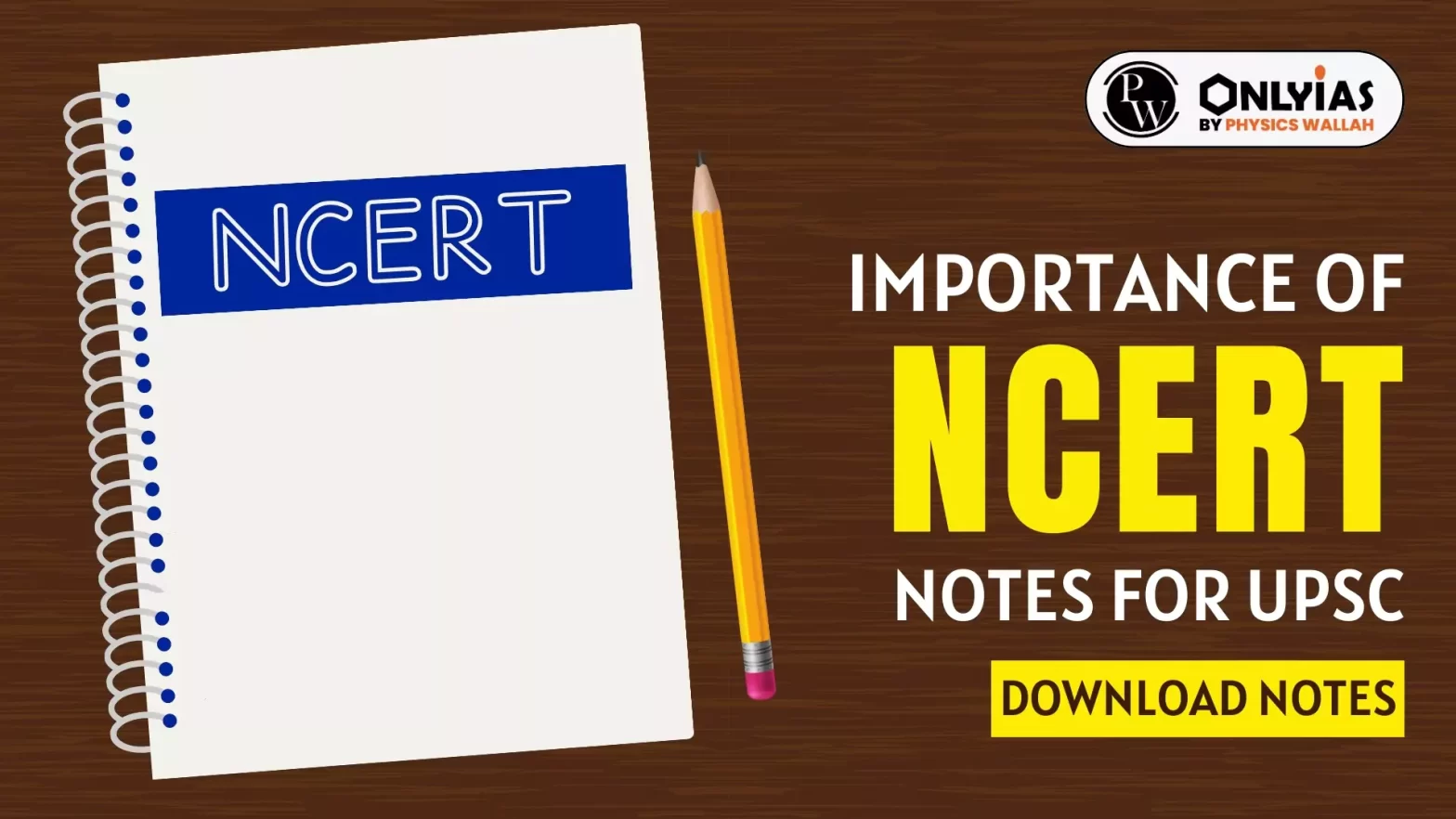You can follow the step-wise process mentioned in the article to know how to prepare NCERT notes for UPSC in the best possible way

Union Public Service Commission is a constitutional body of India that organizes the Civil Services Exam (UPSC CSE) every year. During the preparation for the Civil Services exam, which encompasses an extensive syllabus, candidates find solace in books published by the National Council of Educational Research and Training (also referred to as NCERT books) as they serve as a lifeline, helping them establish a strong foundation and clarify fundamental concepts.
Before moving forward let’s see the pattern of the exam then we will see the importance of NCERT and its notes because understanding the pattern and syllabus of the CSE exam will give the idea of the relevance of NCERTs in prelims, mains, and interview stages of exam.
Structure & Stages of UPSC CSE Exam: Prelims, Mains, InterviewUPSC CSE Exam Pattern: Prelims, Mains, and Interview Structure
|
|---|
| Read Also: PWOnlyIAS NCERT Notes |
| Class | Textbooks |
| 6th |
|
| 7th |
|
| 8th |
|
| 9th |
|
| 10th |
|
| 11th |
|
| 12th |
|
Taking notes has probably been a habit since your school days, but making notes that enhance understanding and efficiency is important. It’s vital to understand that depending only on reading NCERT books is not adequate for the UPSC exam. Preparing for UPSC requires a thorough and in-depth approach. However, NCERT books, commissioned directly by the government, are excellent for learning fundamental concepts and laying the foundation for your studies
| Must Read | |
| NCERT Notes For UPSC | UPSC Daily Current Affairs |
| UPSC Blogs | UPSC Daily Editorials |
| Daily Current Affairs Quiz | Daily Main Answer Writing |
| UPSC Mains Previous Year Papers | UPSC Test Series 2024 |
Yes, you must know how to make NCERT notes for UPSC as it will help you in covering broad and complex UPSC syllabus in a strategic manner.
First, you must do a general reading of the NCERT subject book. Then, in second or further readings, you must note down important topics from each chapter to start making short notes.
You can follow the step-wise process mentioned in the article to know how to prepare NCERT notes for UPSC in the best possible way
Yes, you must know how to make NCERT notes for UPSC to solve problems like syllabus burden, time-consuming issues, preparation gaps, lack of retention, etc.
<div class="new-fform">
</div>